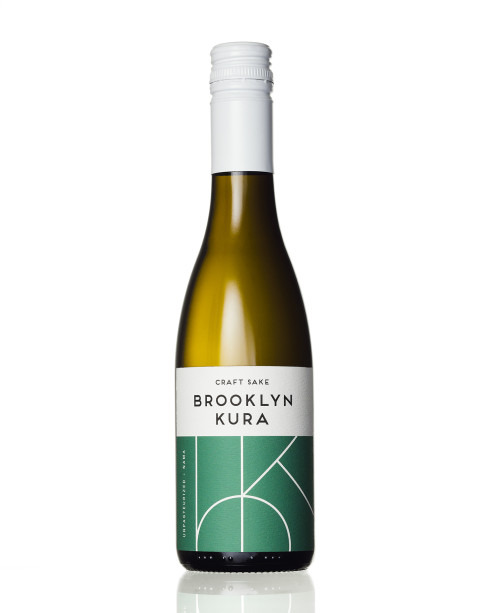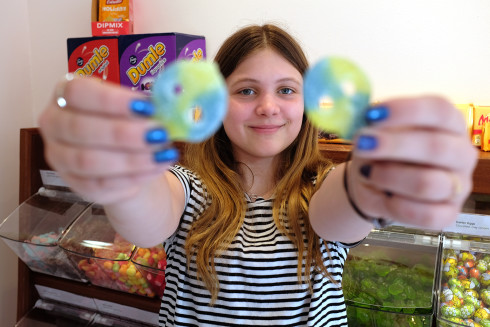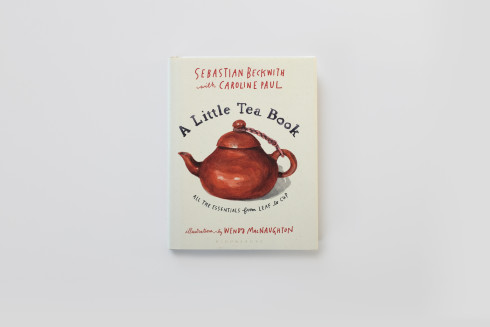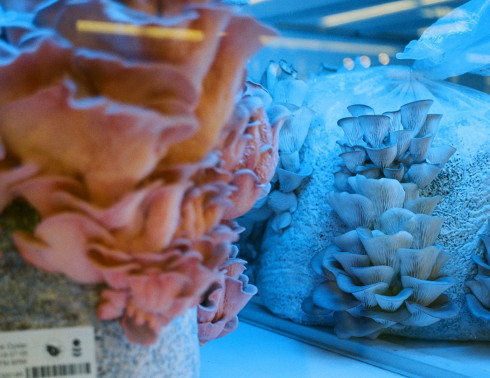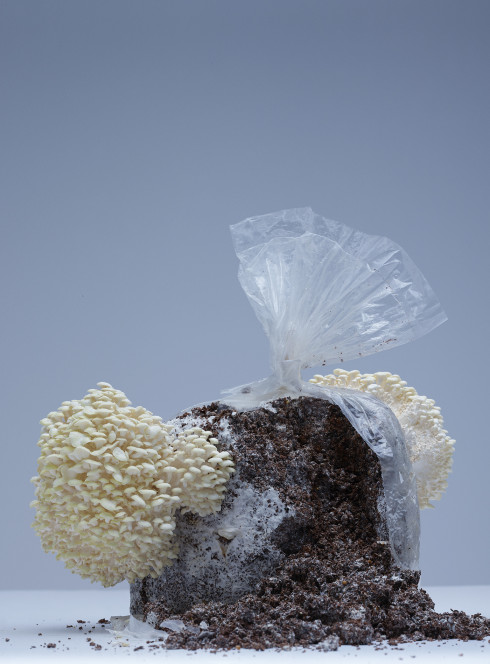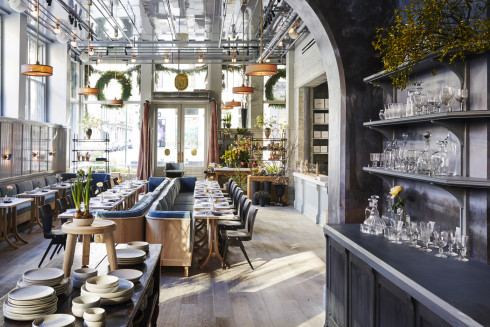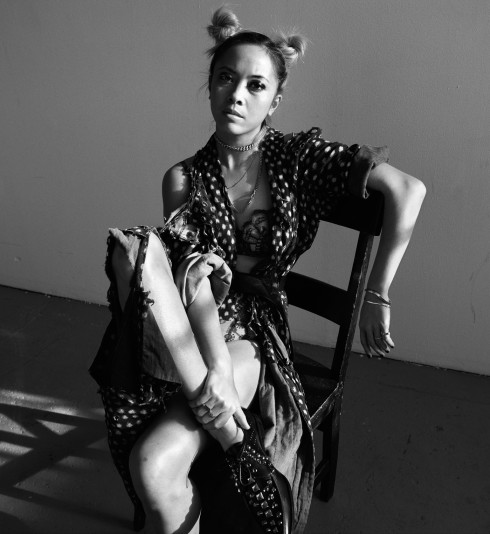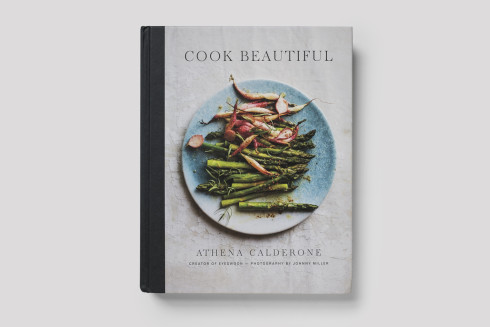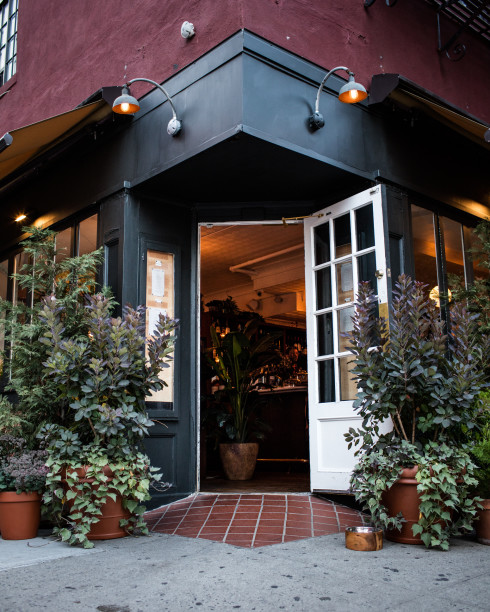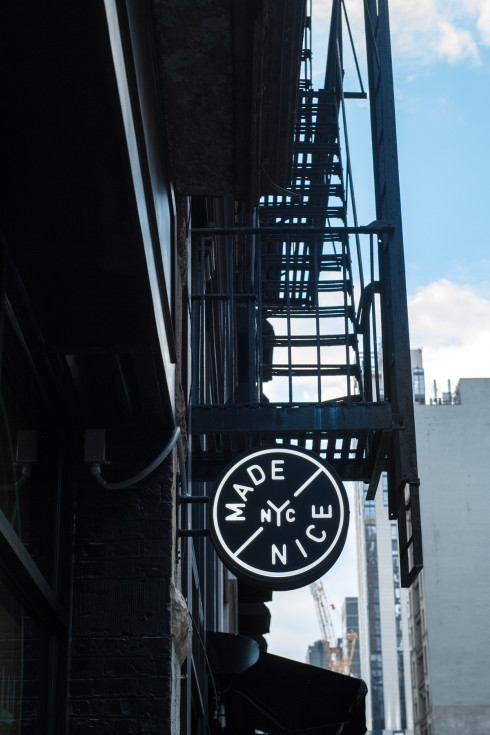
MAPLE, A NEW DELIVERY EXPERIENCE FROM DAVID CHANG
This is a time of disruptions, an age when technological change, often facilitated by the smartphone, has served to remake most of the service and entertainment industries. Taxis have Uber, cable has HBO Go, and hair salons have Glamsquad. But restaurants are still just restaurants. Sure, OpenTable cuts out the reservations desk and Seamless streamlines the takeout process, but it has not been until today, with the launch of Maple, that the entire format has been rethought.
Maple is a delivery service without the restaurant, a new model that, according to Caleb Merkl, who cofounded the company last summer along with Akshay Navle and Will Gaybrick, works from a different perspective than traditional brick-and-mortar establishments. “A lot of the problem with online food delivery right now is that it’s passed off to a restaurant to fulfill the actual order, and restaurants aren’t set up to actually do delivery really well,” he explains. “They’re focused on what’s happening in their four walls and the customers who are in their seats at that moment.”
Delivery food itself has also been, as many are aware, often something to be accepted rather than enjoyed. To that end, the team brought on David Chang of the Momofuku empire as chief culinary officer, and he in turn suggested Soa Davies, formerly of New York’s celebrated Le Bernardin, to serve as executive chef. The six months since Davies joined have been, she says, a period of experimentation and rediscovering how to prepare and present food. “It’s been a learning process to come up with a menu where we’re trying to think about food that’s going to travel well that still tastes good and uses the highest quality ingredients,” she says. “We’ve dropped boxes of food on the ground to see like, ‘Oh, that’s what happens.’ People do delivery all the time but they really don’t think about the end product. They only think about what’s going into the package.”
Both Merkl and Davies point to a marketplace that has, paradoxically, both too many and too few options as a spur for innovation. The solution was winnowing down the menu to three lunch options and three dinner options, rotating daily, all offering a balanced meal complete with sides at a reasonable price. “By changing the menu daily, we offer excitement,” Davies says, “but by only offering a limited menu, it’s almost like a curated day for people. We’re saying, ‘Leave it to us, we’ll curate the best ingredients and we’ll make sure that the food that comes to you has been well taken care of.’”
The Maple team aims to ensure that care extends from the origins of their ingredients to the final packaging that arrives on your doorstop, rimmed in cheery yellow in a conscious attempt to avoid the clichéd green hues so many restaurants use to denote their sustainability. Davies says the company won’t serve salmon until they can ensure that it is wild caught, and that she hopes that as their scale expands, she’ll be able to go to farmers with large enough orders to convince them to switch to organic practices. A baked Arctic char dish that has been an especial favorite through the testing process is the perfect example, a flavorful alternative that is both ecologically friendly and high in omega-3 fatty acids.
The high quality of the food will surely serve as the main draw—Merkl and Davies rave about the three-hundred-gallon shipment of olive oil they just received direct from Portugal, one of the many finds by Maple’s culinary board, which features chefs from Del Posto and ABC Kitchen—but what attracts attention immediately is the price, twelve dollars with tax, tip, and delivery included for lunch and fifteen dollars for dinner. Merkl says they can keep prices low and quality high by avoiding the standard overhead costs of traditional restaurants—wait staff salaries, decorating expenses, higher rents for prime locations. Dishes are prepped in a commissary and then shipped to a distribution kitchen for finishing, with the first location now serving Manhattan below Chambers Street. “We’re really focused on trust and building customer loyalty, so we want to start small and focus on making sure we nail the food and nail the experience,” says Merkl, “and then after that we can roll out very quickly,” with expansion plans partly dependent on demand registered at Maple.com.
Merkl says the grand vision is to offer a healthy meal at a reasonable price with the high food quality and variety to keep customers coming back day after day. The convenience of being able to order from an app on your phone on your way home is just a bonus, but one that demonstrates the technological savvy of the team. For Davies, one potential upside as they ramp up to a future of serving thousands of meals a day is a reconfiguration of a large portion of the food industry as a whole—their business can serve as an engine driving farmers and producers towards a more sustainable future. “It gives us that leverage to be able to say we want things done the right way,” she says, “at a much larger scale.”
For more information, please visit Maple.com.


